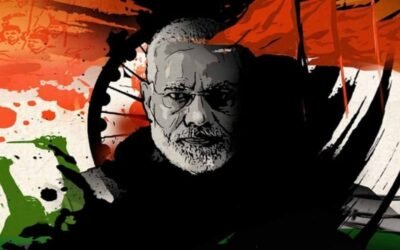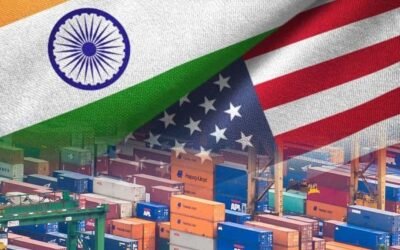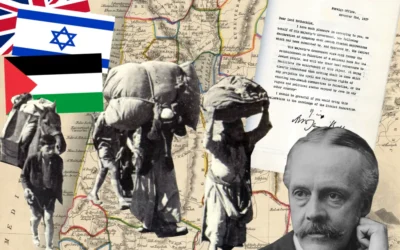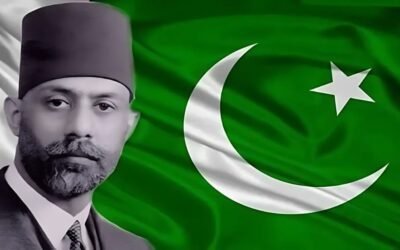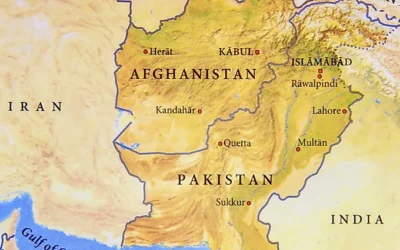The question of reforming the United Nations Security Council (UNSC) has long been a focal point in international diplomacy. Central to the debate is whether to grant new permanent seats to countries such as India, Brazil, Germany, and Japan, proposals vigorously opposed by Pakistan. Islamabad’s stance reflects both principled concerns about equity in global governance and strategic calculations related to regional rivalries.
Principles and Vision: A Democratic Council Without Privilege
Pakistan consistently argues that the creation of new permanent seats would add “new centers of privilege” within the United Nations, entrenching a system that undermines democratic legitimacy. At informal debates within the Inter‑Governmental Negotiations (IGN) on UNSC reform, Pakistan’s Deputy Permanent Representative, Usman Iqbal Jadoon, underscored that permanent membership, even without veto rights, grants undue advantage and limits rotational representation.
As a guiding alternative, Pakistan supports the model advanced by the “Uniting for Consensus” (UfC) group, of which Pakistan is an active member, led by Italy and including nations such as Spain, Colombia, Mexico, Turkey, and South Korea. UfC calls for an expanded Security Council composed entirely of elected non‑permanent members, with longer terms and possible re‑election rights, to preserve openness and accountability.
Regional Rivalries: Countering G4’s Bid and Shielding Influence
Pakistan’s opposition is also shaped by the geopolitical context. India is a key member of the G4 (alongside Brazil, Germany, and Japan), which advocates for permanent seats. Pakistan sees an Indian permanent seat as a direct challenge to its interests, especially its longstanding contention over Jammu and Kashmir. Pakistani diplomats have argued that India’s record on human rights and alleged violations of UNSC resolutions disqualify it from permanent membership.
Pakistan’s diplomatic opposition helped shape a UN General Assembly resolution reaffirming the need to continue dialogue on “equitable representation” without endorsing new permanent seats, and warned that India does not possess the required support from two‑thirds of UN members to alter the Council’s composition.
Equity, Size, and Representation of the UN Membership
Pakistan highlights the dramatic demographic increase in UN membership since its founding in 1945, from 51 to 193 states, and maintains that reform should reflect today’s diversity. It proposes adding ten to eleven extra non‑permanent seats to ensure fair representation for Asia, Africa, Latin America, the Arab League, the Organisation of Islamic Cooperation (OIC), and Small Island Developing States (SIDS).
Ambassador Munir Akram in 2023 pointed out that expanding permanent seats would exacerbate paralysis in decision‑making and obstruct more representative reform. He argues that an increase in non‑permanent membership, accompanied by improvements in working methods such as formal records of consultations and minimal use of closed sessions, would more truly democratize the Council.
Diplomacy in Action: Pakistan’s Role on the Security Council
Pakistan began serving its eighth two-year term as a non‑permanent member of the UNSC starting on January 1, 2025, and will chair the Council in July during its membership cycle. During this term, Pakistan occupies key roles including the chair of the Taliban Sanctions Committee and vice‑chair of the UN’s Counter‑Terrorism Committee.
During its debut, Pakistan reaffirmed its UNSC reform agenda. Its diplomats emphasized the need for expanded non‑permanent representation and rejected permanent seats for new actors. In a critical move, Pakistan marshaled support to preserve a discussion framework organized around the five key clusters including membership categories, veto limitations, regional representation, size, and working methods advocated by IGN co‑chairs.
Comparing Models: Stability vs. Inclusivity
Former Pakistani diplomat Syed Sharfuddin published an opinion piece supporting the status quo, cautioning that redefining veto power or reallocating seats by perceived merit alone could backfire. He noted that India lacks both the GDP per capita and nuclear deterrent credentials of existing permanent members, and underscored that the current UN framework has historically maintained international order without major upheaval. That perspective aligns with Pakistan’s broader rhetorical framing, favoring minimal changes that don’t entrench new hierarchies.
By contrast, India and other G4 nations continue to stress equity and legitimacy, arguing that the permanent-five override the collective voice of 188 other members. Pakistan rebuts this by emphasizing that permanent status for any state sets a permanent advantage and weakens rotational democracy.
Alliances and Diplomatic Coalitions
Pakistan’s strategy rests heavily on coalition‑building. Besides being a leading voice in UFC, Islamabad actively engages with the Arab Group, the OIC, and African, Latin American and SIDS blocs, insisting that any reform must reflect the broad interests of these communities rather than serve a few powerful aspirants. Pakistan has repeatedly called for broader consultations and intersectional representation during IGN proceedings.
Concluding Reflections
Opposing the expansion of permanent seats on the UN Security Council isn’t just about regional rivalry, it’s a principled stand against institutionalized inequality in global governance. Pakistan rightly argues that adding more permanent members would entrench privilege rather than correct it. In a world of 193 nations, granting permanent status to a select few, especially without accountability through elections, risks cementing a caste system within the very body tasked with ensuring international peace and justice.
For countries like Pakistan, which have contributed significantly to UN peacekeeping missions and held eight non-permanent terms on the Council, this system would reward global influence rather than performance or commitment to multilateralism. Moreover, Pakistan’s opposition is grounded in the reality that today’s power structures are remnants of a post-World War II order that no longer reflects demographic, economic, or political realities of the Global South. India’s bid, for instance, ignores unresolved international disputes like Kashmir, which directly involve the UNSC. Supporting expansion without accountability legitimizes selective justice and undermines the Council’s credibility.




















